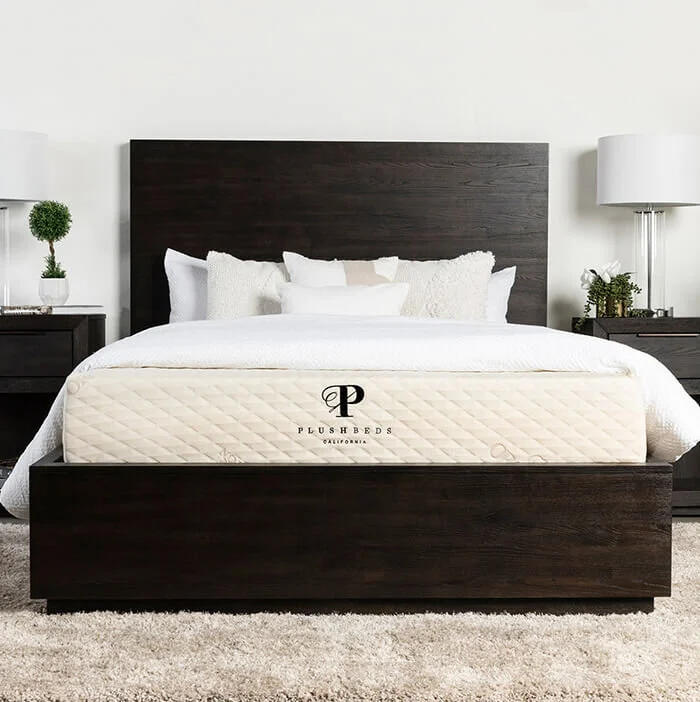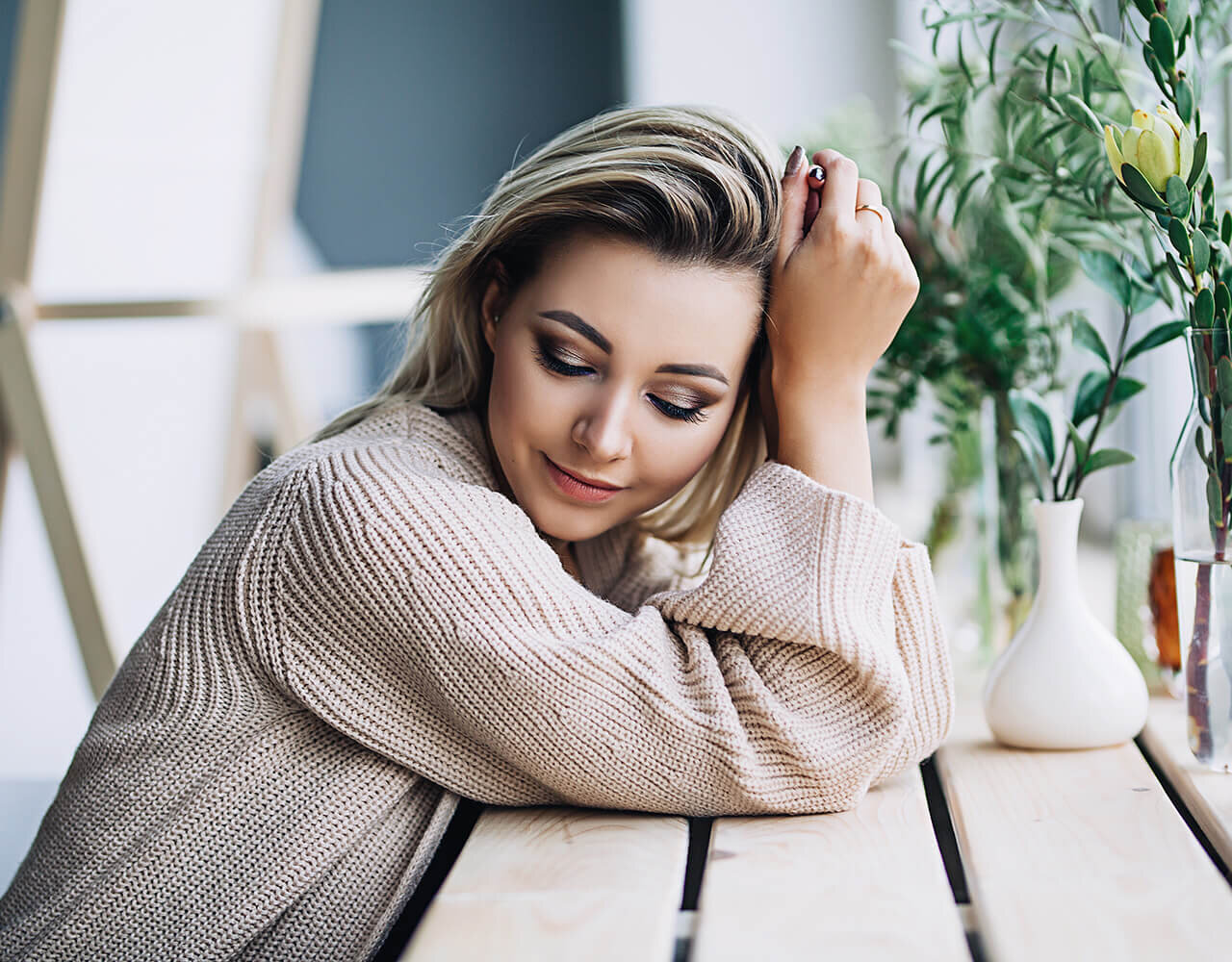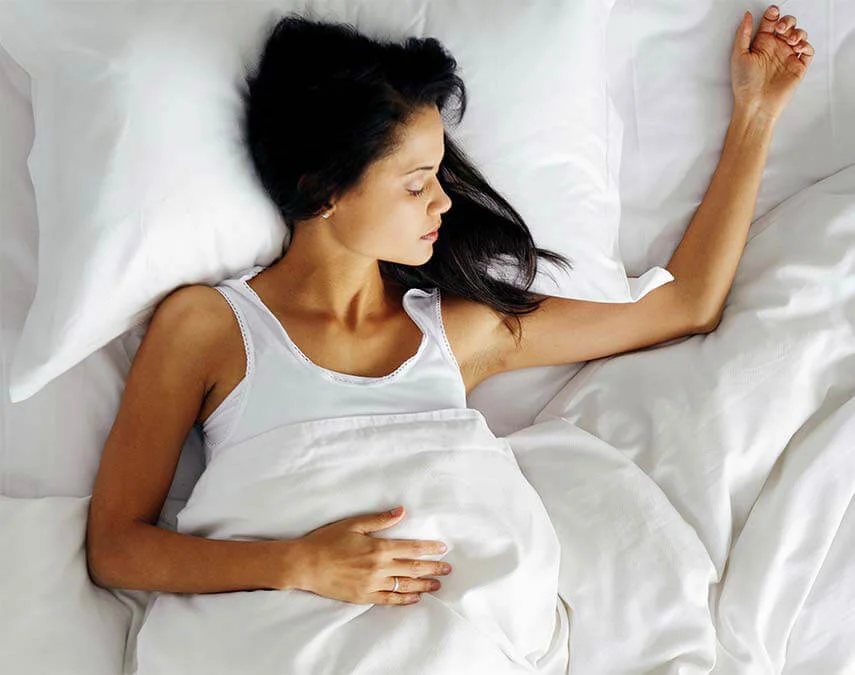Everything You Need To Know About The Best Hours To Sleep
Getting enough sleep can be tough. Unfortunately, lack of sleep has a ton of disastrous consequences for your health, which is why most experts recommend that adults get at least seven to eight solid sleep hours each night.
But are there certain hours of sleep that are better than others? What kind of effect do these sleep patterns have on your circadian rhythm and other natural processes? In this article, we’ll tell you everything you need to know.
How Many Hours of Sleep Do Adults Need?
Most adults need a minimum of seven hours of sleep per night, with an upward range of about nine hours of sleep. This will vary depending on your exact age, lifestyle, and overall health, of course.
There are some people who will argue that they can function on six hours of sleep each night. This is incredibly rare, though. In fact, a study conducted by the University of California, San Francisco found that some people have a gene to function well on just six hours of rest.
However, the gene appears in less than 3% of the population - so don’t count yourself among this population unless you’re sure that’s the case!
In general, you should try to balance and time your sleep around the hours that make the most sense for your professional, social, and family lives. You need to make a schedule that works with your commitments and responsibilities - rather than against them.
To figure out how much sleep you need to get, consider the time you need to wake up and count backward to set a bedtime that’s at least seven hours before that. There will be some natural variations, of course. If you’re a night owl, you’ll probably be pushing bedtime a bit later, while if you prefer to be up in the morning, you will likely be pushing that wake up time earlier and the bedtime a little earlier, too.
There is no one-size-fits-all sleep schedule that works well for everyone but there are optimal windows, which we’ll discuss.
How Many Hours of Sleep for Other Age Groups?
Seven to nine hours of sleep is what is recommended for most healthy adults, but if you fall into another demographic, you’ll need a different amount of sleep. Babies need the most amount of sleep - a fact that probably doesn’t surprise you if you have one of your own.
A newborn (up to three months of age) needs between 14 and 17 hours of sleep each day, while a baby aged four to twelve months needs between 12 and 16 hours of restful sleep.
Babies who are one to two years old need about eleven to fourteen hours of sleep, while toddlers aged three to five years old need about ten to thirteen hours. As children get older, they don’t need quite as much sleep. Kids who are between nine and twelve years old need only about nine to twelve hours of sleep (isn’t that easy to remember?).
Children who are thirteen to eighteen years old need a minimum of eight hours of sleep but potentially more - up to ten hours, in some cases.
While you’ll get by with at least seven hours of sleep for most of your adult life, the requirements shift slightly once you reach an older age. Adults aged 61 to 64 years of age need about seven to nine hours of sleep, while those who are older than 65 need just seven to eight hours of sleep.
Why the changes for older folks? Older adults tend to have trouble sleeping for long stretches at night. Daytime naps often help make up the difference, with some older adults sleeping for as little as five hours at a time each night but supplementing with naps during the day.
Best Sleeping Hours
Ideally, you should try to match your sleep hours to your biological tendencies. If you were one of the first humans out in the wild, your sleep pattern would match that of the sun.
That’s why, with all other factors removed, you are probably the sleepiest right after the sun goes down and most awake during the brightest hours of the day.
According to the National Sleep Foundation, the best time to fall asleep is sometime between 8 pm and midnight. That’s quite the range, so you should be able to find a time that works well with your schedule. The best time will vary depending on when you wake up in the morning and how much sleep you actually need per night on an individual basis.
These are merely windows, however, and you should try to set your own sleeping schedule based on your own personal preferences and agenda. There are plenty of variations you can try to find the right schedule for you. Play around with it to figure out what works best.
For example, if you go to bed and find yourself lying awake each night trying to fall asleep, you might be trying to go to sleep too early. If you struggle to stay awake until bedtime, though, you might be trying to stay up too late. If either of these situations applies to you, try shifting your bedtimes and wake-up times until you find the arrangement that works well for you.
Once you figure out the best sleeping hours when you have a set wake-up time you need to meet on the weekdays, make sure you stick to those hours on the weekends, too. This can be tough, but it’s important if you want to keep your body’s internal clock on schedule. Otherwise, it will be harder for you to fall asleep and stay asleep consistently each night.
What is Circadian Rhythm?
Circadian rhythm is the term that is most often used to describe the ways in which your brain’s natural sleep and wake schedules align. It’ smooch like an internal clock.
Everybody experiences natural dips in alertness and sleepiness during certain times in a single 24-hour period. Usually, people are the sleepiest between 1 and 3 pm and between 2 and 4 am. However, the better your sleep quality is, the less likely you are to experience dips in alertness at these times.
Your circadian rhythm also determines your natural morning wakeup schedules and bedtime. After you get your body used to waking up and going to bed at a certain time, you’ll find that it’s easier to adapt to a certain schedule.
Even if the times don’t feel natural for yourself at first, you'll eventually find that it’s easier to go to bed at a certain time and wake up right before your alarm clock without having any problems. It’s harder to balance your circadian rhythm if you work odd shifts or go to bed at various times throughout the week, both of which can mess with your body's natural processes.
Side Effects of Lack of Sleep
Most health experts recommend that adults get a minimum of seven hours of solid sleep per night. If you don’t you may suffer from some pretty unpleasant side effects.
Sleep directly affects the quality of your physical and mental health. Not only that, but sleep can affect your emotional balance, your immune system, your creativity, productivity, and even your weight!
If you’re struggling to find time to get quality shut-eye on your hybrid mattress, you might think that cutting out an hour or two of sleep is a good solution. That’s rarely the case. Even minimal sleep loss - an hour or two each night - can wreak havoc on your body. It can make it more difficult for you to stay alert and in a good mood during the day. It can also reduce your ability to handle both mental and physical stress.
Daytime sleepiness is the most common sign that you are not getting enough sleep on a regular basis. However, there are other signs to watch out for, too. If you fail to get enough sleep every night, you might suffer from crankiness or forgetfulness. In some cases, you may find yourself causing or experiencing accidents that you wouldn't normally otherwise.
There are many long term effects of chronic sleep deprivation, too. You may find that you get sick more often or suffer from high blood pressure, also known as hypertension. People who don't get enough sleep are also more likely to suffer from depression, obesity, diabetes, and heart disease, too. All the more reason to start logging some more hours between the sheets!
You’ll know you aren’t getting enough sleep if you suffer from dizziness or fatigue. You might feel a general lack of motivation or even suffer from relationship problems, including a decreased sex drive.
Sleep deprivation can also cause you to rely on the snooze button - you’ll always need an alarm clock to wake up on time. You may get sleepy in meetings, after heavy meals, or when driving - and you’ll likely need to nap just to get through the day.
Side Effects of Too Much Sleep
While most people understand that there are some serious risks associated with not getting enough sleep, very few people realize that getting too much sleep can present some harmful effects of its own.
If you find yourself wanting more than eight to nine hours of sleep on a regular basis - or needing naps on top of the eight to nine hours - you may be sleeping too much. Interestingly, getting too much sleep can cause many of the same side effects as sleeping too little.
You may find that you are cranky or suffer from issues such as depression or cardiovascular problems.
When you are logging too many hours in bed at night, you may want to get yourself checked for an underlying health condition. There are all kinds of health problems that lead to a perceived need for extra sleep.
Although this list is not limited, if you find yourself getting too much sleep, you may want to get checked for conditions like diabetes, obesity, heart disease, asthma, thyroid problems, depression, and anxiety. Parkinson’s disease and sleep apnea are also linked to chronic tiredness despite getting plenty of sleep.
When Should You Go To Sleep
Best Hours To Sleep
If you’re trying to figure out when you should go to bed, keep in mind that there is no single best answer for everyone. The best time to go to sleep will vary depending on when you need to wake up in the morning as well as how much sleep helps you feel alert.
Figure out the best bedtime for your needs by figuring out when you need to wake up in the morning. For example, if you know you need to get up by 6 am, try to start winding down before 11 pm. Try to come up with a schedule that you can stick to even on the weekends.
While it may feel good to stay up late and sleep in late on the weekends, this can make it harder for you to stick to a regular sleep schedule during the workweek - when it matters most.
Despite what you might think, getting one hour less of sleep per night can affect your daytime functioning. You might not feel it right away, but skimping out on even an hour of sleep can impact your ability to think and respond appropriately. It can also affect your overall energy balances. Similarly, extra sleep at night won’t rid you of all of your problems, either. The quality of your sleep counts just as much as the quality.
So don’t try to log extra hours on the weekend! While you can relieve part of a sleep debt by catching up on your lost zzz’s over the weekend, you will never be able to completely make up for that loss. Instead, aim for a balanced sleep schedule throughout the week so you’ll feel better over a longer, more sustained period.
Sleep Advice Worth Looking Into For Best Hours To Sleep and Reduce Lack Of Sleep
If you are already trying to juggle a packed schedule and lack of sleep with all of your personal and professional obligations, it can be tough to find the right sleep schedule and best hours to sleep to meet your health needs. However, it’s important that you get enough sleep, even if it doesn’t fall into a standard schedule.
Need to be up and moving by 4 am each morning? Try to get to bed before 9 pm. That might mean cutting out a few hours of your favorite television shows, but it will be worth it when you don’t experience that mid-afternoon slump you’re used to feeling each day around 1 pm.
If you’re having trouble falling asleep or staying asleep at night - or if you find that you are experiencing daytime sleepiness despite getting to bed at a decent hour every night - you may want to chat with a doctor. You might have an underlying health condition that is causing your sleepiness.
Otherwise, do your best to follow a good sleep schedule each night, and you’ll find that the rest of your day goes much more smoothly.
Rebekah Pierce is a professional social blogger and has worked on several online publications including Citrus Sleep. Rebekah is an experienced content writer and copyeditor. You will find many of her works throughout CitrusSleep.com that cover a wide array of subjects including sleep education, natural, sleep products, electronics, fashion and many more. She is passionate about her work and family.
Follow Lisa at Rebekah Pierce



















